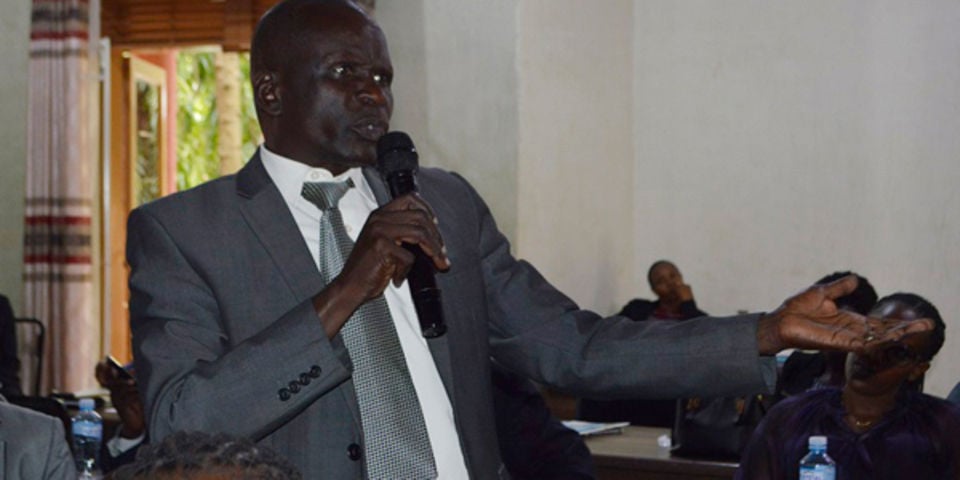Leaders in West Nile Sub-region have embraced the government’s latest anti-corruption strategy but call for better coordination among anti-graft agencies to enhance its effectiveness.
Bernard Atiku, Arua City land board chairperson, expressed concern about the isolated efforts of various anti-corruption agencies, urging harmonization under existing laws.
During the dissemination of an anti-corruption report by the Directorate of Ethics and Integrity in Arua City, Atiku questioned the legal basis for agencies like the State House Anti-Corruption Unit, the Ministry of Integrity, and the Economic Monitoring Unit, calling for clarity in their mandate.
Geoffrey Okiswa, the Resident District Commissioner, emphasized the need for the report to address enhanced salaries for public officers.
The assessment by the Directorate of Ethics and Integrity highlighted the loss of approximately Shs2.3 trillion due to public officer absenteeism.
Robert Nangai, leading the assessment team, acknowledged positive aspects like the integration of information technology but stressed the importance of political commitment to implement findings.
MP Jackson Lee Atima raised concerns about the impact of allocated funds on service delivery, pointing out challenges such as poor road networks and infrastructure breakages attributed to corruption.
